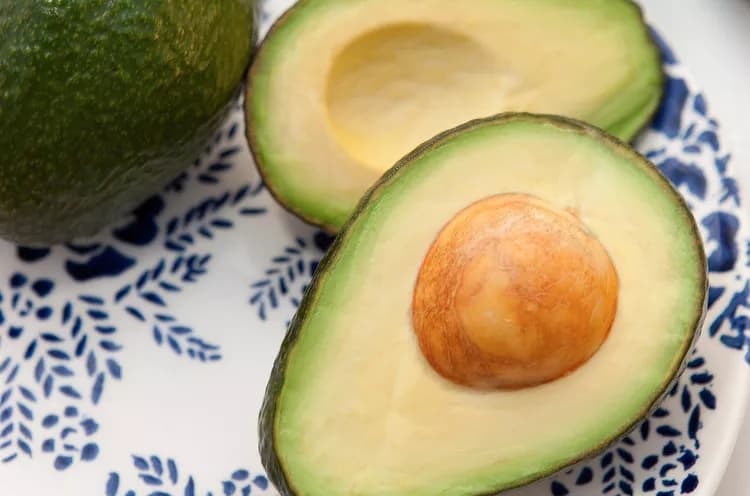
Vitamin B3 To Stay Younger? A Global Increase In Antioxidant Defenses Of The Body May Delay Aging And Its Diseases
The gradual accumulation of cell damage plays a very important role in the origin of ageing. There are many sources of cellular damage, however, which ones are really responsible for ageing and which ones are inconsequential for ageing is a question that still lacks an answer.
The Oxidative Hypothesis of Ageing -- also known as the Free Radicals Hypothesis -- was put forward in 1956 by Denham Harman. Since then, the large majority of attempts to prove that oxidative damage is relevant for ageing have failed, including multiple clinical trials in humans with antioxidant compounds. For this reason, although the accumulation of oxidative damage with ageing is undisputed, most scientists believe that it is a minor, almost irrelevant, cause of ageing.
However, this may change in light of the recently published observations. A group of scientists from the Spanish National Cancer Research Centre (CNIO) headed by Manuel Serrano, in collaboration with a group from the University of Valencia, directed by José Viña, and researchers at IMDEA Food from Madrid, have tried to increase the global antioxidant capacity of the cells, rather than just one or a few antioxidant enzymes. To achieve this global improvement in the total antioxidant capacity, researches have focused on increasing the levels of NADPH, a relatively simple molecule that is of key importance in antioxidant reactions and that, however, had not been studied to date in relation to ageing.
The researchers used a genetic approach to increase NADPH levels. In particular, they generated transgenic mice with an increased expression throughout their bodies of one of the most important enzymes for the production of NADPH, namely, glucose-6-phosphate dehydrogenase (or G6PD).
The results, published today in the journal Nature Communications, indicate that an increase in G6PD and, therefore, in NADPH, increases the natural antioxidant defences of the organism, protecting it from oxidative damage, reducing ageing-related processes, such as insulin resistance, and increasing longevity.
Antioxidants That Delay Ageing
"As anticipated, the cells in these transgenic animals are more resistant to highly toxic artificial oxidative treatments, thus proving that an increase in G6PD really improves antioxidant defences," explains Sandrina Nóbrega-Pereira, first author of the study and currently a researcher at the Institute of Molecular Medicine of the University of Lisbon.
Furthermore, when researchers analysed long-lived transgenic animals, they noted that their levels of oxidative damage were lower than in non-transgenic animals of the same age. They also studied the propensity of these animals to develop cancer and found no difference, suggesting that enhancing G6PD activity does not have an important effect on the development of cancer.
The greatest surprise for the team was when they measured the ageing process in the transgenic mice: the animals with a high G6PD expression and, therefore, high levels of NADPH, delayed their ageing, metabolised sugar better and presented better movement coordination as they aged. In addition, transgenic females lived 14% longer than non-transgenic mice, while no significant effect on the longevity of males was observed.
"This increased longevity, although modest, is striking taking into account that until now attempts to increase longevity by manipulating individual antioxidant enzymes had failed," said Pablo Fernández-Marcos, co-first author of the study and researcher at IMDEA Food.
Overall Increase in the Antioxidant Capacity of Cells
Perhaps the key is that the researchers involved in this paper enhanced all antioxidant enzymes in a comprehensive manner. "Compared to the traditional approach of administering antioxidants that react directly with oxygen, we have stimulated all the cell's natural antioxidant mechanisms by raising G6PD levels, and its by-product, NADPH," emphasizes Mari Carmen Gómez-Cabrera, co-author of the paper and researcher at the University of Valencia.
Based on these results, the authors of the study point to the use of pharmacological agents or nutritional supplements that increase NADPH levels as potential tools for delaying the ageing process in humans and age-related diseases, such as diabetes, among others. More specifically, vitamin B3 and its derivatives are responsible for the synthesis of NADPH precursors and are suitable candidates for future studies.
The above post is reprinted from materials provided by Centro Nacional de Investigaciones Oncológicas (CNIO). Note: Materials may be edited for content and length.
Disclaimer: DoveMed is not responsible for the adapted accuracy of news releases posted to DoveMed by contributing universities and institutions.
Primary Resource:
Li, A. L., Sibi, J. E., Yang, X., Chiao, J. C., & Peng, Y. B. (2016). Stimulation of the ventral tegmental area increased nociceptive thresholds and decreased spinal dorsal horn neuronal activity in rat. Experimental brain research, 1-10.
Related Articles
Test Your Knowledge
Asked by users
Related Centers
Related Specialties
Related Physicians
Related Procedures
Related Resources
Join DoveHubs
and connect with fellow professionals

0 Comments
Please log in to post a comment.